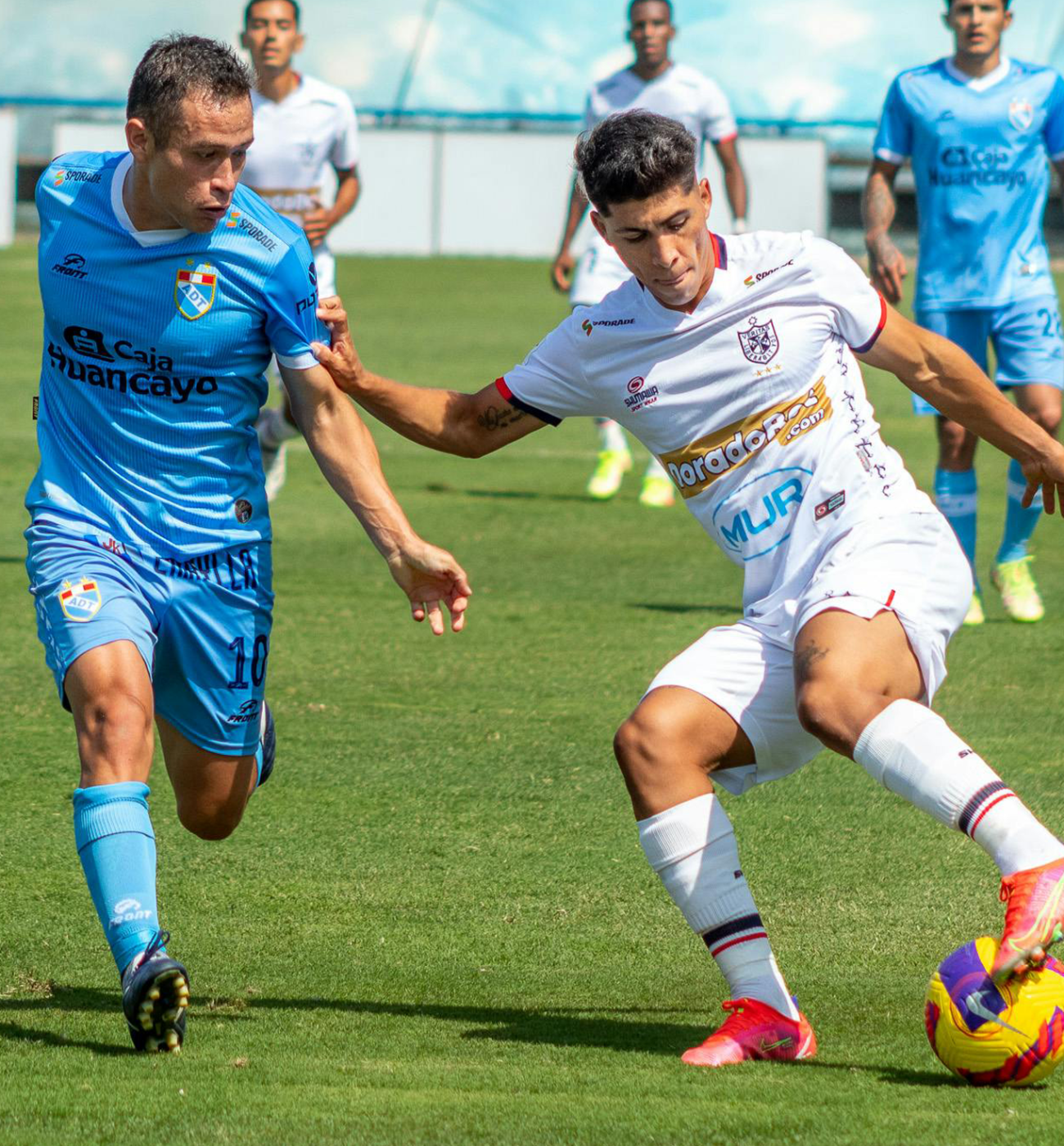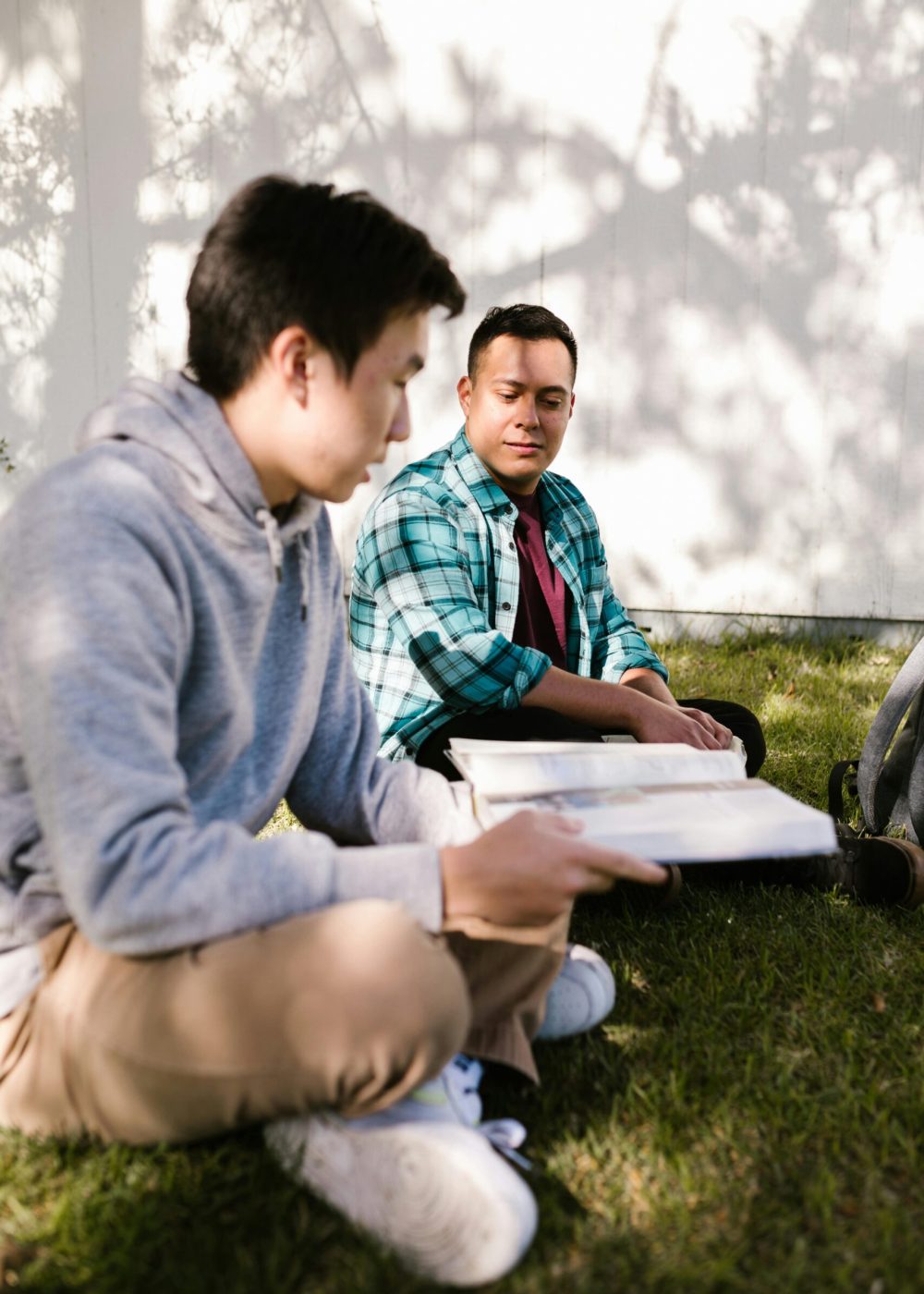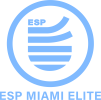
Elevate Soccer project is very proud to announce its exclusive collaboration with a well established and renowned entity HUMBOLDT INTERNATIONAL UNIVERSITY. (Local offices in Latin America, USA and Europe)
Students at ESP will have privileged access to HIU and will benefit from a personalized and tailored approach to fit their Academics’ expectations and financial situation.
Humboldt International University was born to establish a space of excellence for the development of a learning environment that responds to the challenges of the new social and technological dynamics.
HIU provides students with continuous counseling, support, and flexibility. We pride ourselves on our highly qualified staff and faculty. We encourage and support innovation and creativity, utilizing technology as the backbone of our content delivery. ESP foster an environment conducive to quality learning experiences through the competency-based educational model and a problem-solving approach, coupled with the academic and practical training that enables students to achieve their professional goals. Our work is focused on networking with other autonomous institutions to create a synergy to provide better educational services to more students in the global environment taking into consideration current and future regional needs.
Guiding a soccer player through a college pathway involves a combination of athletic development, academic preparation, and strategic planning. Here are steps to help a soccer player navigate the process:
Skill Development:
Game Exposure:
Highlight Reel:
Athletic Resume:


Academic Excellence:
College Research:
Communication with Coaches:
Official Visits:
Fitness and Conditioning:
Networking:
Stay Informed:
Standardized Tests:
Decision-Making:
Transition to College:
Remember that the college recruitment process can be competitive, and persistence, dedication, and effective communication are key. Players need to be proactive, take initiative, and stay committed to both their athletic and academic development.

Humboldt International University was born to establish a space of excellence for the development of a learning environment that responds to the challenges of the new social and technological dynamics.
HIU provides students with continuous counseling, support, and flexibility. We pride ourselves on our highly qualified staff and faculty. We encourage and support innovation and creativity, utilizing technology as the backbone of our content delivery. ESP foster an environment conducive to quality learning experiences through the competency-based educational model and a problem-solving approach, coupled with the academic and practical training that enables students to achieve their professional goals. Our work is focused on networking with other autonomous institutions to create a synergy to provide better educational services to more students in the global environment taking into consideration current and future regional needs.
Guiding a soccer player through a college pathway involves a combination of athletic development, academic preparation, and strategic planning. Here are steps to help a soccer player navigate the process:
Skill Development:
Game Exposure:
Highlight Reel:
Athletic Resume:
Academic Excellence:
College Research:
Communication with Coaches:
Official Visits:
Fitness and Conditioning:
Networking:
Stay Informed:
Standardized Tests:
Decision-Making:
Transition to College:
Remember that the college recruitment process can be competitive, and persistence, dedication, and effective communication are key. Players need to be proactive, take initiative, and stay committed to both their athletic and academic development.
